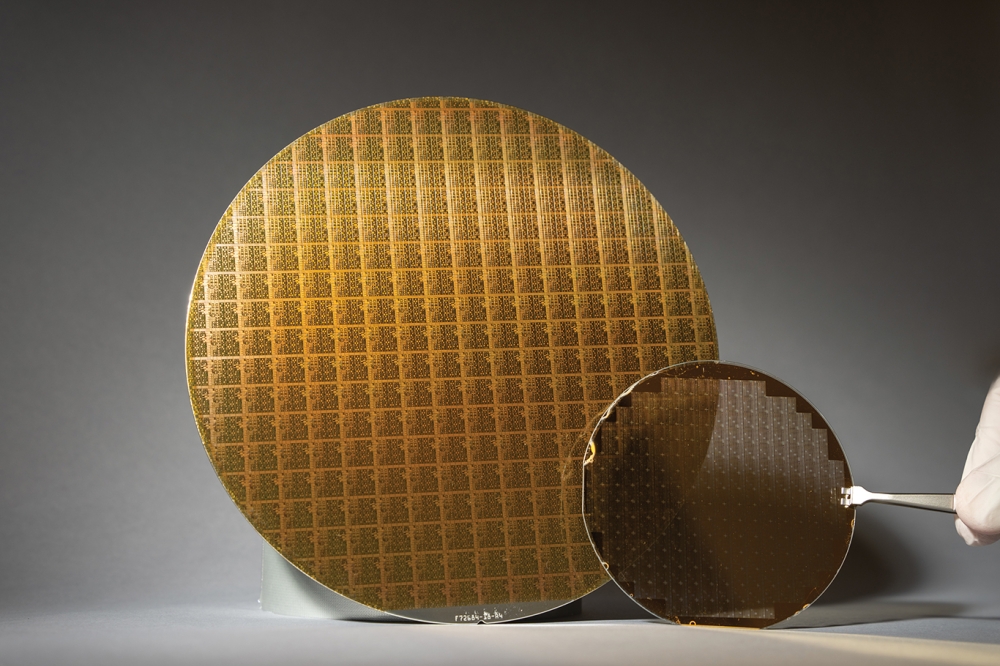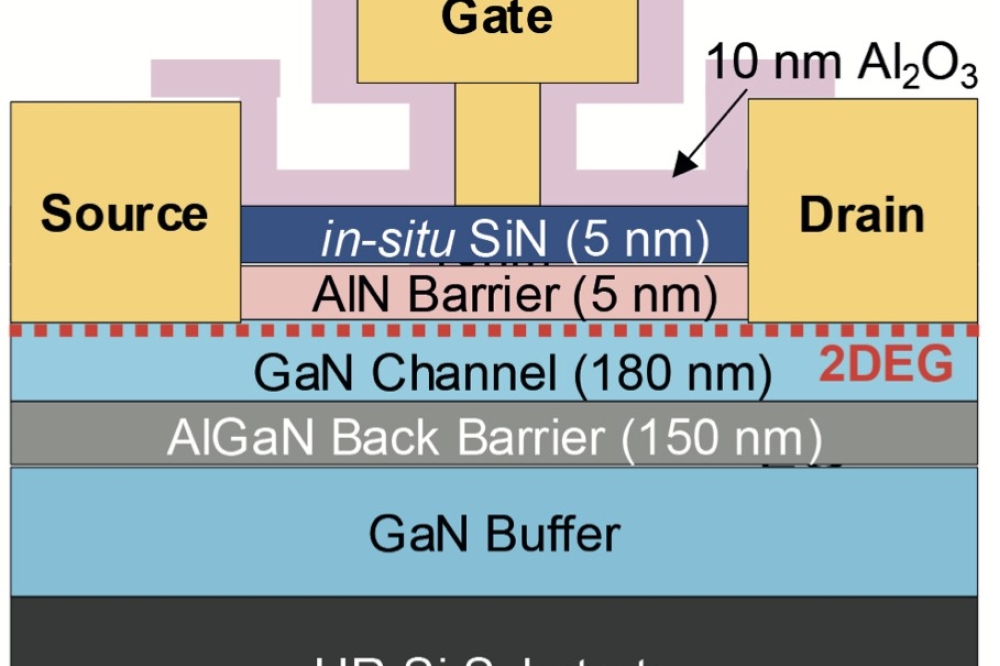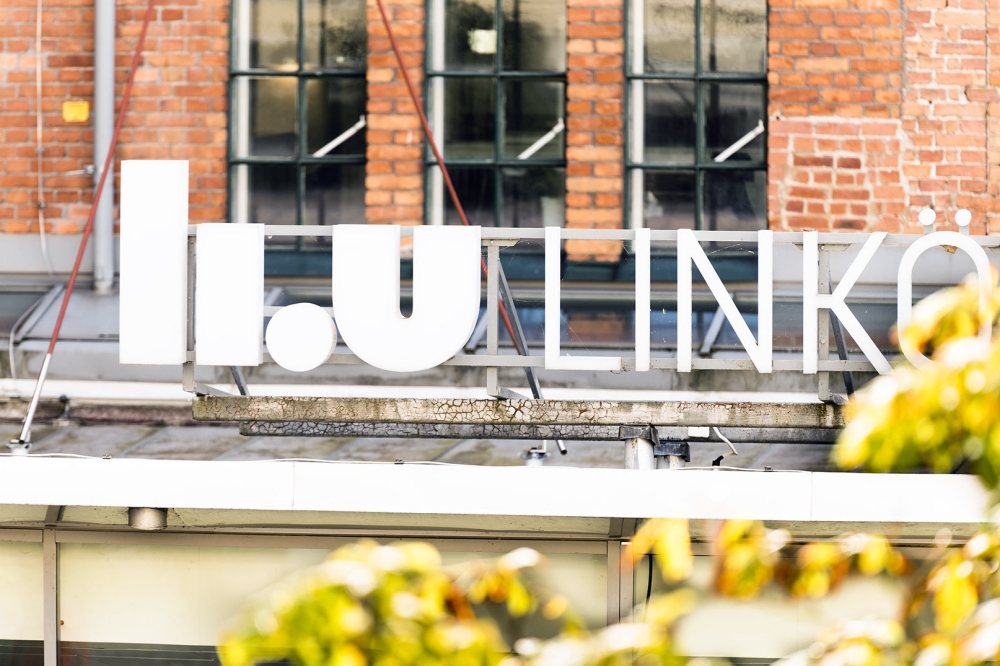University of Bath installs Eulitha Phable 100
Eullitha, a Swiss startup company offering lithography equipment and services for the nanotechnology, photonics and optoelectronic markets, has announced the installation of one of its Phable 100 photolithography systems at the University of Bath, UK.
The Phable 100 exposure tool incorporates Eulitha's proprietary Displacement Talbot Lithography technology that enables robust printing of high resolution periodic patterns at low-cost. The system was purchased by the university as part of a comprehensive research program designed to develop advanced manufacturing techniques for nano- engineered semiconductors, particularly GaN.
The purchasing of this innovative system was made possible following the award of a 5-year, £2.7 million grant from the UK Engineering & Physical Sciences Research Council (EPSRC) as part of the council's Manufacturing of Advanced Functional Materials funding programme (www.ManuGaN.org).
The university has been active in GaN semiconductor research since 1999 and has an excellent reputation for combining nanofabrication techniques with semiconductor growth in order to improve the performance of optoelectronic devices such as LEDs.
As a result of the EPSRC investment, researchers in the Department of Electronic & Electrical Engineering now have access to a new nanolithography suite within the David Bullet Nanofabrication Cleanroom, of which the Phable tool forms part, alongside the existing access to crystal growth reactors and more conventional fabrication facilities.
The Phable 100 tool was chosen as it offers the unique capability to pattern large areas up to 100mm in diameter with high fidelity in a very simple way. Its capability will be compared with another low-cost patterning technique, nanoimprint lithography as part of the research.
Lead researcher and Lecturer in the Department of Electronic and Electrical Engineering, Philip Shields, said: "We are very excited to have this new capability at Bath. Initial results from the tool have matched and even exceeded our expectations. There has been a lot of interest from other researchers to use the tool and we look forward to developing new research collaborations as a consequence."
Harun Solak, CEO of Eulitha, said: "We are very pleased by the choice of the University of Bath especially because their research program focuses on manufacturing technologies for nano-engineered semiconductors which is an area where our innovative technologies have the potential to make a significant impact."
The Phable 100 system is capable of exposing periodic patterns down to feature sizes below 150nm which rivals much more expensive high-end i-line steppers, according to the company. The patented focus-free imaging technology used by the system enables uniform printing on non-flat samples often found in photonic and optoelectronic sectors. Eulitha had recently announced the delivery of further lithography systems to the Twente University in the Netherlands and CIOMP institute in China.


































